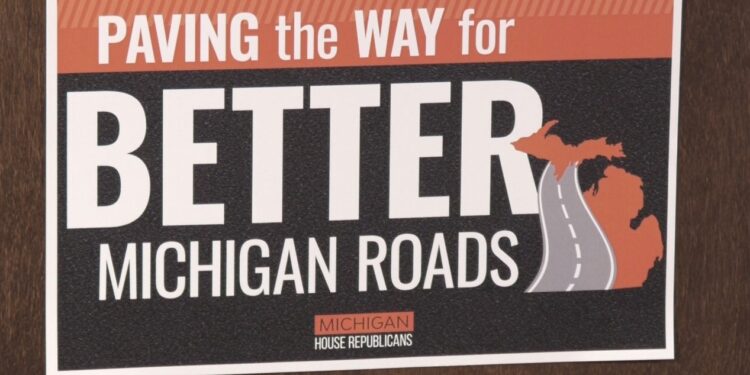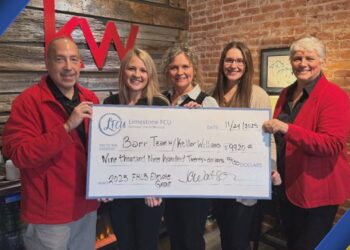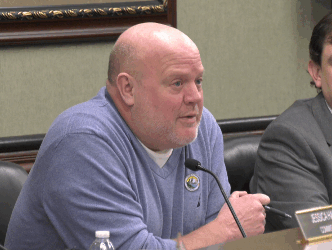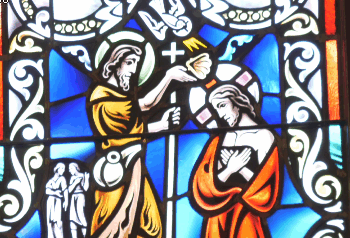LANSING, Mich. (WZMQ) – New bills to fund local road repairs have been introduced in Michigan’s House of Representatives. The lawmakers are on a break for the holiday, still, House Republicans are still pushing to prioritize the bills.
In the past six years, the State of Michigan has recieved billions of federal dollars to improve major roads and corridors around the state. The group of Republicans is now calling attention to local roads, saying that’s where the real investments are needed.
Speaker-elect, Representative Matt Hall introduced a set of bills alongside Republican colleagues Tom Kunse and Donni Steele last week. Hall said that despite increasing budget totals, the funding for local roads in particular has not risen on pace with everything else.
“It’s our county and local roads that need the help. There’s no money that’s been going into our local roads. Our local roads are in disrepair.” Hall said. “We’re going to dedicate that part of it to a new formula, which is weighted more toward those local roads and county roads. That’s where the U.P. is going to come out very well.”
A majority of roads in the Upper Peninsula are maintained using state funds. Hall said that while talking with the 110th House district representative Greg Markkanen, he said there’s a road in his district that hasn’t been redone since the 1950s.
Steele said this plan is exciting to her because of the lack of money dedicated to improving roads from driveways to highways. Throughout the process, she said she was determined to find the needed funds through better budgeting and ensure taxes would see no increases.
Hall explained that the bills lay out a plan to dedicate $2.7 billion to fix Michigan’s local roads and bridges.
Hall said his plan would immediately allocate $1.2 billion of annual Corporate Income Tax (CIT) revenue for infrastructure, with the most resources going to local road agencies. Beginning in the fiscal year 2025-2026, the Republican’s plans would also dedicate the rest of the $600 million in annual CIT revenue for infrastructure, which would include includes $500 million from the Strategic Outreach and Attraction Reserve fund (SOAR), $50 million for the Revitalization And Placemaking (RAP) fund, and $50 million for the housing and community development fund. The SOAR and RAP funds are already set to expire after the fiscal year 2024-2025.
The final part of the plan would replace the 6% sales tax on motor fuel with a corresponding increase in the motor fuel tax. Kunse said the replacement would be revenue neutral, increasing the fuel tax and lowering the sales tax to allow an estimated $945 million in additional resources without impacting the overall cost. Hall said any loss in revenue for schools from the cut in sales tax on gas would be replaced by dollars from an undetermined source, and House GOP is open to negotiations with Democrats to determine that source.
Lawmakers now have until the end of December to push the plan through the legislature. The bills will have to be reintroduced if it’s not passed before the start of the next term in January. but the speaker-elect says this will remain a priority even after the new year.


















